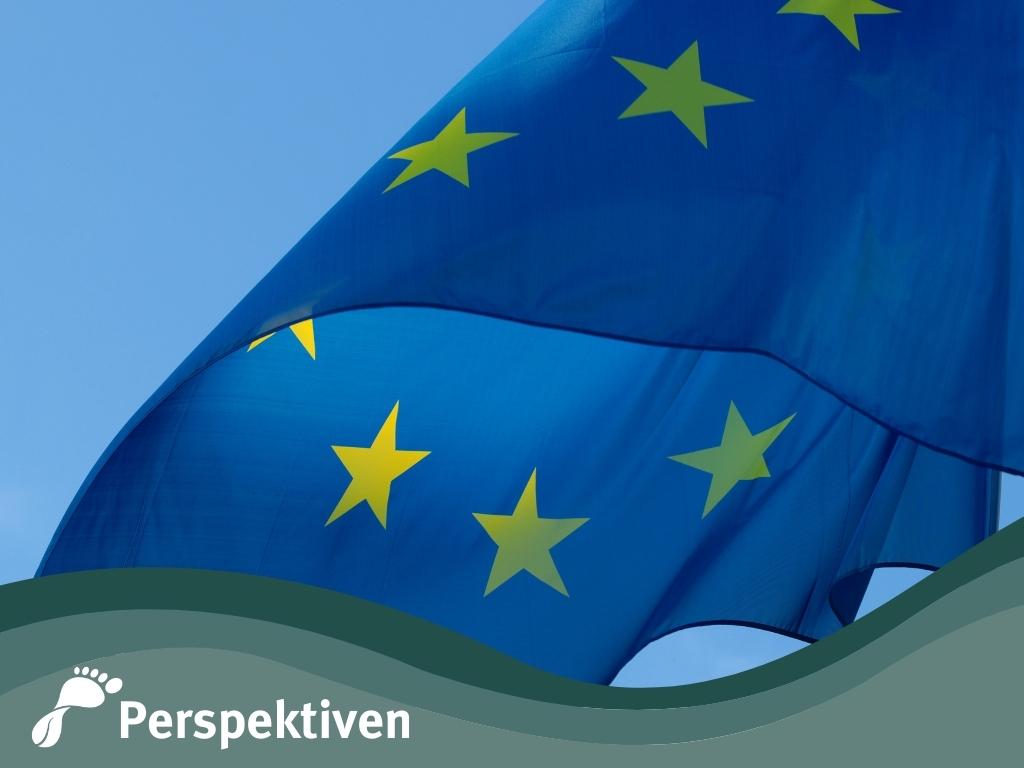Customs for climate protection

The CBAM will come into force in 2023 - it is intended to make goods from countries with low climate protection requirements comparable with those from Europe.
In the so-called trilogue between the European Council, the European Parliament and the European Commission, the EU agreed on acarbon border adjustment mechanism(CBAM) on Tuesday night.
The CBAM is a very important part of the decisions on the FitFor55 package, with which the EU aims to reduce itsCO2 emissions by at least 55 percent by 2030.
Goal: comparable prices
Goods imported from third countries from certain emission-intensive sectors such as steel or aluminum are to be subject to aCO2 price via the CBAM in future.
The aim of the regulation is to create comparable prices for imported goods and goods produced in the EU.
The aim is to protect the competitiveness of European industry and prevent it from being undercut by cheaper goods from countries with weaker climate protection standards.
The duty has been sharply criticized by China and other low-wage countries, where environmental regulations are not as strict as in the EU.






